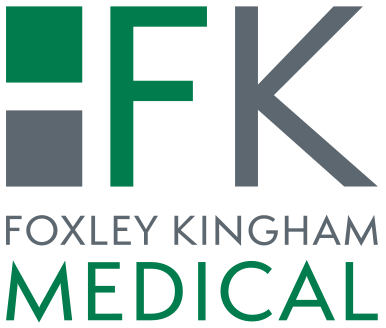GPs have played a vital role in the fight against the coronavirus, and although they may not be the first to suffer directly from its impact there are still a number of issues that could significantly affect their funding, renumeration and tax planning. At the very least they will be operating in an increasingly difficult fiscal landscape.
We should also recognise that as the UK (hopefully) emerges into a post-coronavirus world, GPs may be perceived to be higher earners, and so there could be limited political appetite to address any anomalies or errors in the pension and tax systems that affect them. It is therefore imperative that all individual GPs and GP practices are aware of, and compliant with, current regulations.
The main issues that were facing GPs before lockdown are still present. Most notably, the tax complexities of Primary Care Networks, annual allowance charges on pensions, and the long-range consequences of errors in Total Rewards Statements, to name but a few.
The most visible structural issue facing GPs over the last year has been creation of Primary Care Networks. We are now one year on from the introduction of PCNs and GPs and practice managers are, understandably, still getting to grips with the financial complexities of the new networks.
Generally, funds may be held centrally in the PCN (most likely through a lead practice model), however each individual GP practice is liable for any tax owed on the sum. This leads on to the question of how excess funds are treated for tax. There are also issues concerning how a clinical director post should be treated in terms of being an officer or self-employed.
Pensions and annual allowance charges are complex and ongoing issues that we will cover in more detail at a later date. There have been concessions made recently, namely NHS England agreeing to pay annual allowance tax charge for 2019/20 (providing procedures are followed) and increases to the pensions annual allowance taper thresholds from April 2020. Both designed to help ease the burden on GPs.
Finally, the introduction of Total Reward Statements was heralded as a step towards clarity and transparency in pay and benefits for NHS employees. However, the system has not been without flaws, and it needs to be treated with care and scrutinised on all sides (see box out). GPs and practice managers have to deal with increasingly complex financial arrangements and commercial issues. Being on a sound footing and confident in financial management will be crucial in moving forward in uncertain times.
Total Reward Statements
What is a Total Reward Statement?
It is a document which summarises an individual’s employment package, including basic pay, allowances, and pension benefits for NHS Pension scheme members.
Why should you check it?
There have been a small number of errors and discrepancies in some statements. Even the smallest errors can have serious consequences as the TRSs will be used to calculate future pension payments.
What should you check?
Dates of qualifying, employment records, salary. Basically, you should check all details in every statement.
Do I have to do anything else?
Yes, you need to submit your TRS to us at FK Medical in the spring of each year as it helps us keep your tax records up to date, and we can help you check for any anomalies.

